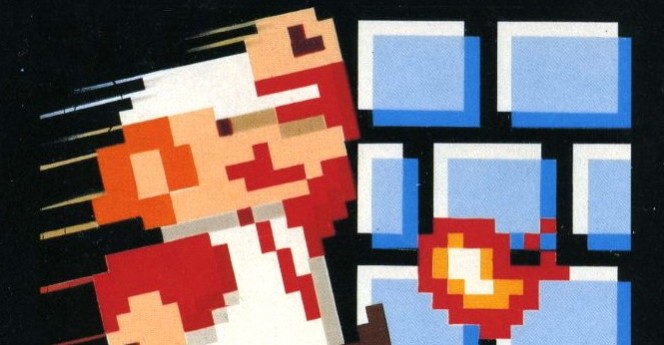
“Classic” doesn’t have to mean “old”
I get grumpy e-mails from gamers all the time. Comes with the territory.
Recently I got a pretty harsh e-mail for the statement that the original Halo was a classic game. First thing in the morning, coffee still brewing, toast still toasting, I sat and read a scathing e-mail calling me some pretty unsavory names for daring to use the term “classic” with something so “new” to gaming.
I’m saddened by such thinking. A game doesn’t have to be from 1982 to be considered a classic, and the industry itself has often agreed, going right back to the NES.
As I’m certain most, if not all, the readers of this site will recall, the NES launched with games filed off into various series, from the Action Series to the Adventure Series to the white-hot Educational Series. Also among the group was the Arcade Classics Series.
I’ll wait here a moment while you pull out the old ‘Official Nintendo Player’s Guide’ from 1987. Take a look at the games in the “Classics” series at that time. Some, such as the original Mario Bros., were only four years old at the time. The oldest “classic” game in the series was Donkey Kong, only six years old at the time of that printing.
This is just one short, simple example, but one that holds a lot of water. The term “classic” simply cannot be applied to just one era of gaming. Mileage is going to vary big time here, as a classic is going to depend on when they entered this wonderful world of gaming. It doesn’t end with the 8-bit or 16-bit era or the early arcade era or whatever era is important to you. Pac-Man is a classic, Super Mario Bros. is a classic, Mortal Kombat is a classic, Tomb Raider is a classic, Guitar Hero is a classic, even Call of Duty: Modern Warfare 2 is a classic.
No single era owns the label. If I can turn on my local oldies station and hear Nirvana and early Pearl Jam I should be able to call the original Halo, or any other game that left a lasting impact on the industry, a classic.